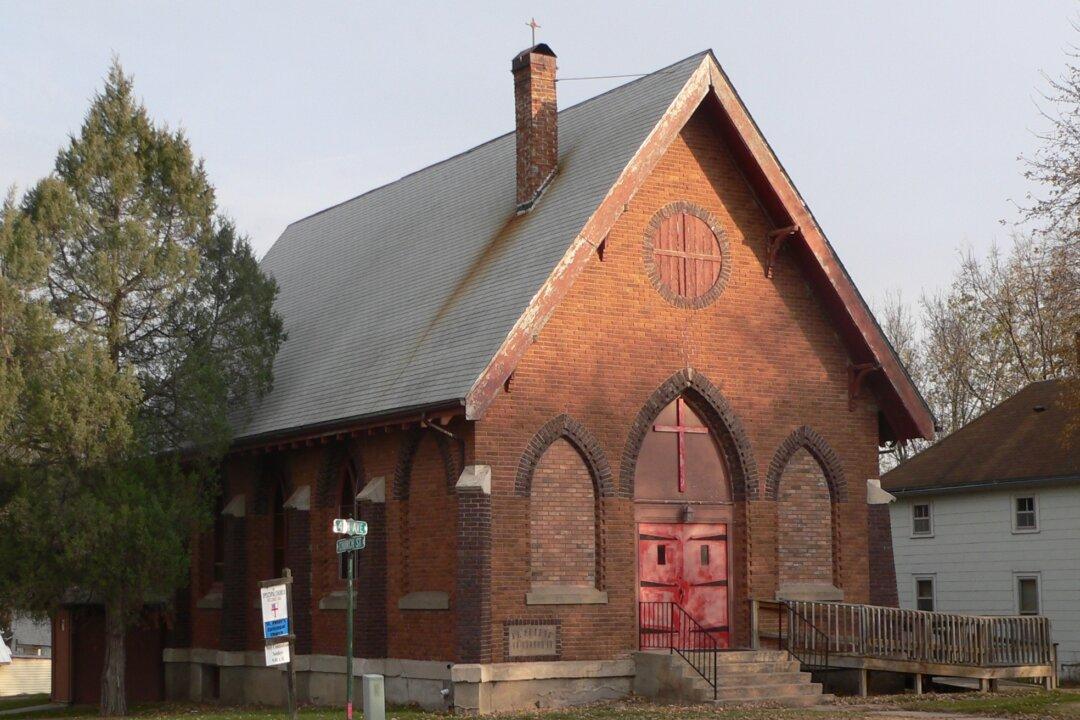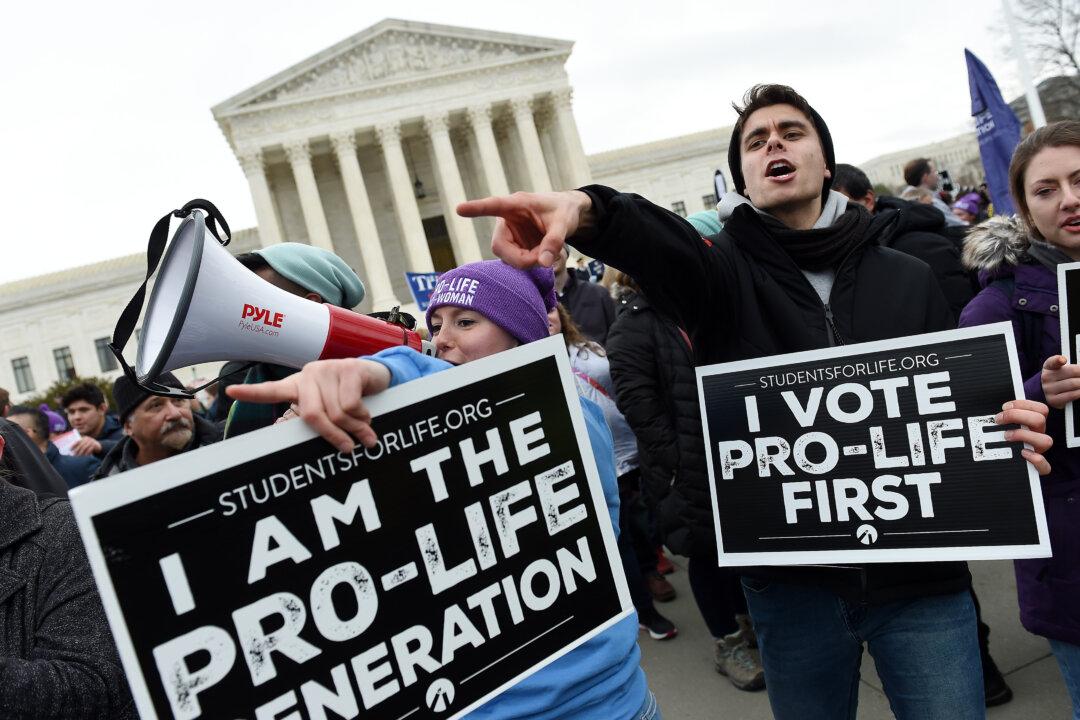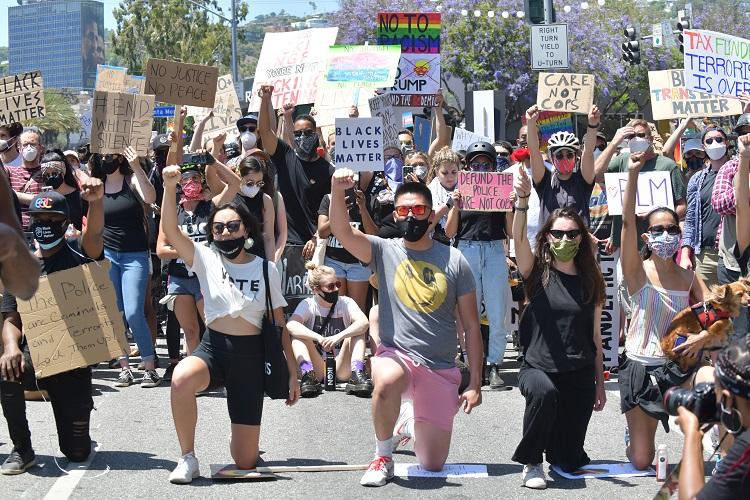Commentary
I drove across the dusty prairie the other day for a funeral in a midwestern town. Three hours of the slanted Fall sunlight: the fields stubbled after the recent harvest and hay cutting, the highways emptying of the final tourists in their campers and SUVs. That strange autumn odor of dust and dying wheat stalks felt appropriate somehow, redolent of the midwestern childhood in which I had known the good, solid, competent man who had slipped away at last from pancreatic cancer.





